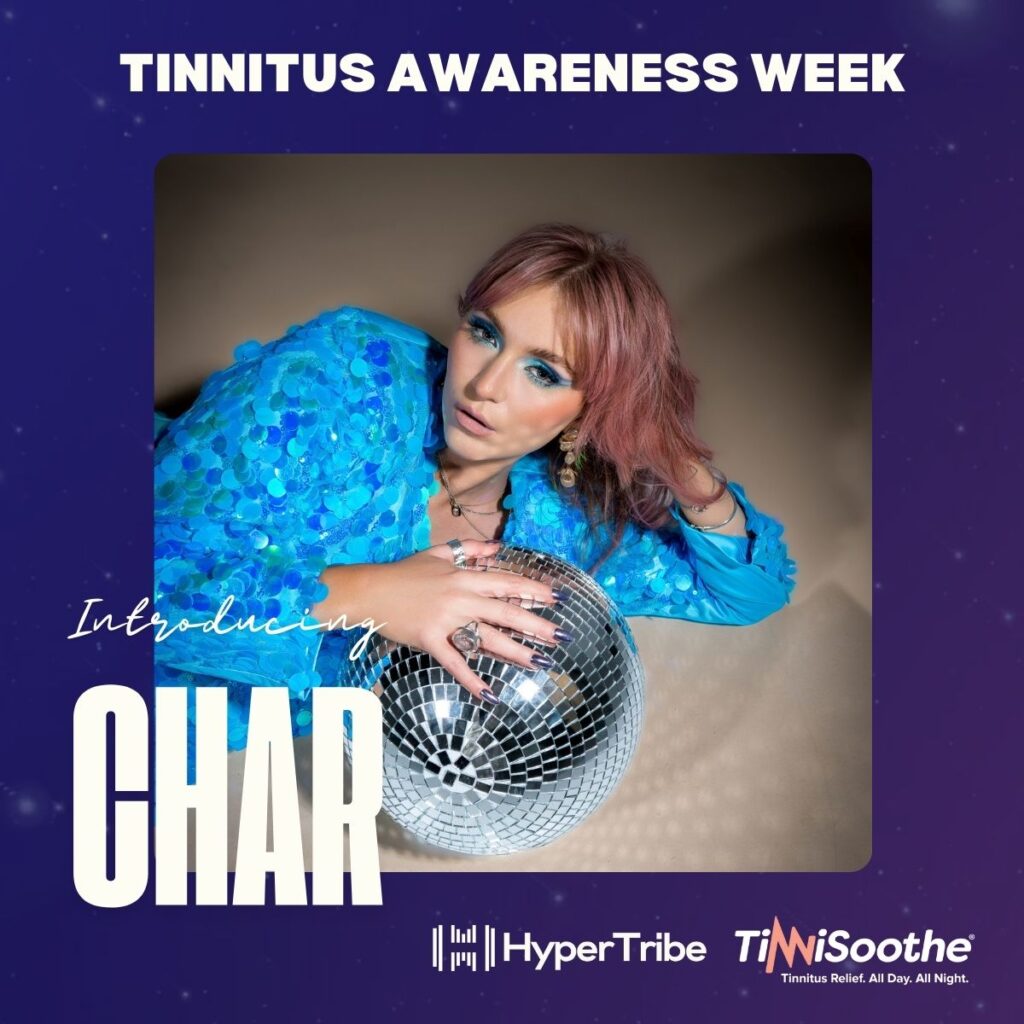Technological developments within the past ten years have fundamentally changed the music industry. Creativity has transformed almost all elements, From how music is produced and written to how it gets to listeners. Maintaining current on these developments helps industry experts and is necessary. This blog post explores the leading music tech innovations changing the sector. Whether your interests are tech, producer, or musician, you will find valuable ideas and doable advice here.
Artificial Intelligence in Music Creation
In the music industry, artificial intelligence (AI) is making waves by improving creative processes and opening fresh opportunities.
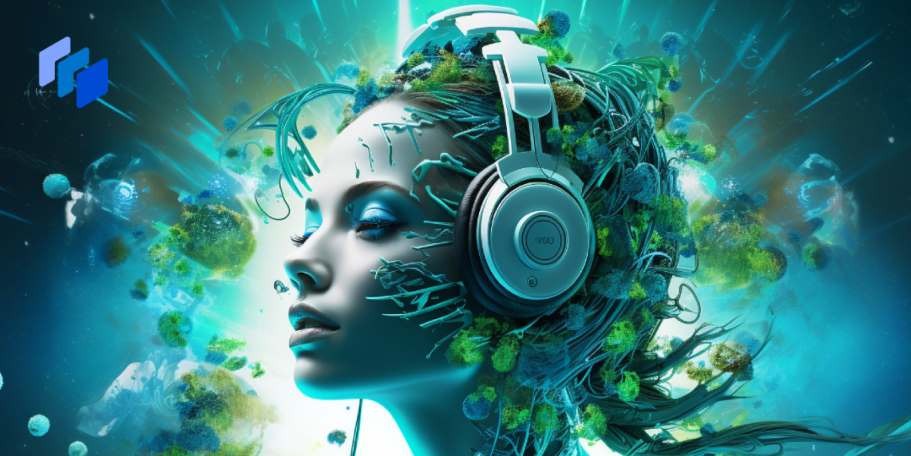
Machine Learning Algorithms for Music Composition
Machine learning techniques have transformed the composition of music. Thanks to technological developments, artists and composers have access to solid tools capable of analyzing enormous volumes of data and producing original musical compositions. These systems let musicians investigate fresh creative opportunities by using sophisticated mathematical models to find structures and patterns in current music.
Using machine learning will let musicians explore several melodies, harmonies, and rhythms, stretching the bounds of conventional music production. From film scores to video game soundtracks to advertising jingles, this invention has changed the music industry and found use in many other industrial fields.
Virtual Artists and AI-Generated Music
Virtual musicians and artificial intelligence-produced songs have transformed the music industry. As artificial intelligence develops, producers and artists can now compose music exactly like human-made works. Artificial intelligence systems examine enormous volumes of data to create melodies, harmonies, and even lyrics. In music creation, this technology has created fresh creative and innovative opportunities. There are advantages and drawbacks to consider regarding virtual musicians and AI-generated music.
AI-Powered Music Recommendation Systems
Music recommendation systems driven by artificial intelligence have transformed our approach to finding and enjoying music. To offer individualized recommendations, these systems use cutting-edge machine-learning algorithms to examine enormous volumes of data, including user preferences, listening behavior, and music metadata.
These recommendation algorithms can precisely forecast the songs and artists you will appreciate by using artificial intelligence, enabling you to find fresh music for your taste. AI-powered recommendation systems save you from spending hours looking for fresh music; instead, the system does the work for you and presents a well-chosen collection of tracks catered to your tastes.
Blockchain and Music Rights Management for Music Tech Innovations
Blockchain technology is set to transform how music rights are managed, ensuring fair compensation for artists and transparency in the distribution of royalties.
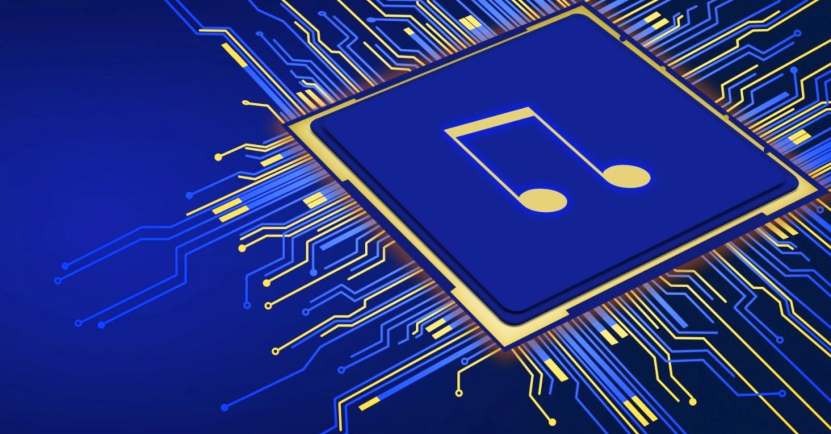
Decentralized Music Distribution Platforms
The way music is exchanged and listened to is being transformed by distributed platforms with a decentralizing effect. These sites establish a transparent and safe mechanism using blockchain technology so musicians can directly share their music with fans. Marketing initiatives can be more focused and successful on these platforms since they offer comprehensive information about audience tastes and actions.
Smart contracts also allow artists to guarantee fair and timely royalties, removing the need for intermediaries. Decentralized music distribution systems let musicians have more control over their work and reach a worldwide audience free from depending on conventional record companies.
Smart Contracts for Royalty Payments
Royalties in the music industry are now handled thanks largely to smart contracts. Blockchain technology guarantees openness and fairness in the royalties’ distribution of royalties, which these agreements guarantee. Major record companies no longer define corporate strategy since musicians can negotiate and enforce their contracts today. This change in authority has let independent musicians have more control over their incomes and work.
Transparency and Fairness in Music Licensing
Transparency and justice in music licensing are vital in the music business if we are to guarantee that producers and performers receive just compensation for their efforts. Blockchain technology has brought forth notable progress in this field. Using a distributed and unchangeable ledger made possible by blockchain helps one track and control royalties and music rights. This guarantees that all those engaged in the licensing process have access to correct and current information, lowering the possibility of conflicts and ensuring effectiveness in paid royalties.
Virtual Reality Concert Experiences For Music Tech Innovations
Virtual Reality (VR) is revolutionizing live music experiences, offering immersive and interactive concerts that were previously unimaginable.
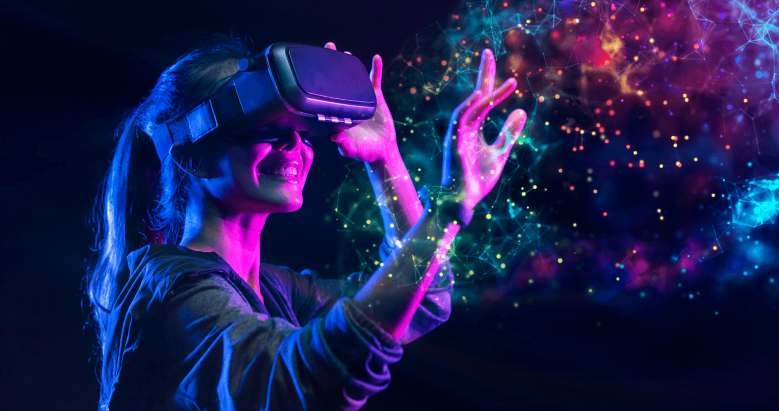
Immersive VR Concerts and Live Performances
Invasive Live events and VR shows are transforming our experience of music. Virtual reality technology lets you experience a virtual concert environment and feel like you are precisely in the heart of the action. Virtual reality headsets and motion controllers allow you to interact with the virtual world, producing an immersive experience. You can walk about, investigate several viewpoints, and engage with other virtual attendees. It’s like attending a live concert without regard for distance or physical place.
Virtual Reality Music Festivals
Virtual reality music festivals are transforming the live music experience. Thanks to developments in virtual reality technology, music enthusiasts may now enjoy concerts and music festivals right from their own houses. Immersion VR shows take you to a virtual location where you may enjoy the performance as though you were present. These virtual reality encounters offer a feeling of presence and immersion impossible in conventional live events.
Virtual reality music events present particular chances for fans and performers to interact. Interactive elements let listeners connect with the musicians and the songs in fresh and exciting ways. Virtual meet & greets allow fans to engage with their preferred musicians, fostering a more intimate experience. This virtual engagement helps to strengthen the relationship between artists and supporters, fostering more loyalty and support.
Apart from the interactive and immersive events, virtual reality music festivals might be rather profitable. Using virtual ticket sales, merchandise, and sponsorships, these events can attract a worldwide audience and create income outside the confines of actual facilities. For organizers and musicians, this creates fresh chances to profit from their work and increase their fan base.
Virtual reality music events are not only a band-aid fix for times of few physical events. Here to stay, a fresh approach to enjoying live music is here. The virtual reality music scene should see even more fascinating advancements as technology develops.
Interactive VR Music Education
Virtual reality music education transforms how individuals interact with and absorb music. Virtual reality technology has advanced, allowing one to enter a virtual music classroom and engage in immersive learning. Acknowledging outstanding individuals in the music community, VR music education programs offer a unique chance for future artists to pick knowledge from seasoned masters.
These systems provide various interactive tools, including live performance simulations, virtual instrument simulations, and music theory courses. In a virtual environment, you might practice several instruments, get real-time comments, and even work with other musicians worldwide.
Apart from the pragmatic features, VR music instruction stimulates innovation and creativity. Investigating virtual music studios and experimenting with various sounds and effects can help you release your artistic ability and produce original works.
Furthermore, VR music instruction advances accessibility and diversity. It removes geographical restrictions so that people from far-off places may get excellent music education. Whether your experience level is low or high, VR music education creates fresh avenues for musical industry development and learning.
Interactive VR music education is, all things considered, changing our learning, creation, and relationship with music. It offers a dynamic and immersive learning environment, encourages invention and creativity, and advances musical community inclusiveness. Accept the ability of virtual reality and start a musical trip never before possible.
Streaming Platforms and Personalized Music Discovery
Streaming platforms have changed how we discover and enjoy music, using advanced algorithms to offer personalized experiences.
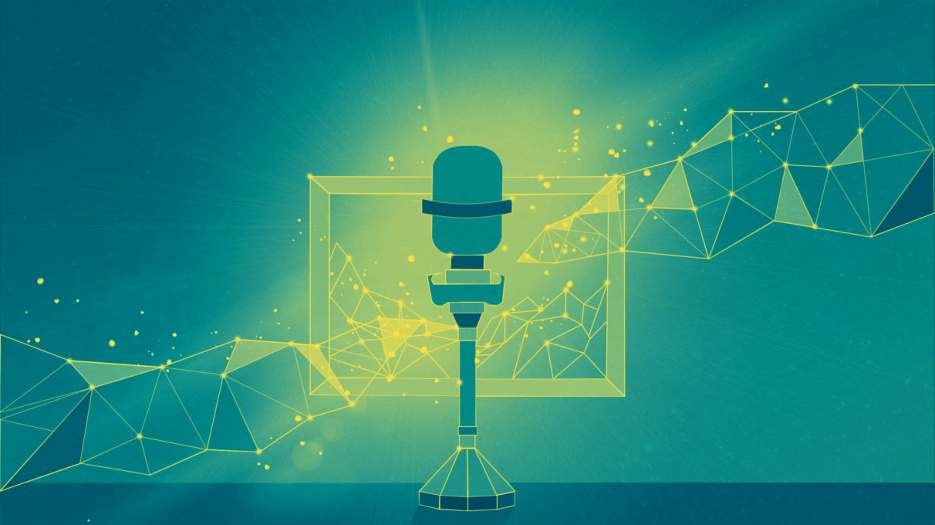
Algorithmic Music Curation
Curating algorithmatically is transforming our access to and enjoyment of music. As artificial intelligence and machine learning develop, streaming services may examine enormous volumes of data to create customized playlists and suggestions for every customer. This implies that you are free from depending on conventional ways of music discovery or spending hours looking for fresh music.
Instead, algorithms consider your listening habits, tastes, and even the time of day to produce custom playlists. As algorithms expose us to new genres, musicians, and songs we could never have come across on our own, traditions are under attack.
Personalized Playlists and Recommendations
Personalized playlists and suggestions have transformed our access to and enjoyment of music on music streaming services. These systems create playlists that fit your taste and preferences by using sophisticated algorithms and user data. Whether your listening style is casual or committed, these recommendations will help you find fresh songs and artists who speak to you.
Social Music Discovery Features
Social music discovery tools have transformed our access to and investigation of fresh music. Music lovers now have access to an extensive catalog of songs from many genres and eras, thanks to the growth of streaming services. Finding new musicians and songs that fit your taste can be daunting, given the abundance of music out there, though. Social music-finding tools then come in handy.
Using social networks ‘ power and user-generated content, these tools help you locate music you might not have otherwise come across. Examining your listening patterns, preferred music, and artist-following behavior enables you to find new songs and artists that fit your tastes.
They create customized playlists and recommendations considering genre, tempo, mood, and time of day. Through this tailored method of music discovery, you can investigate other genres and artists, broadening your musical horizons and exposing you to different sounds and styles.
Streaming channels have transformed our access to and listening experience with music. Personalized music suggestions let consumers quickly investigate new musicians and genres depending on their tastes. Whether your passion is music or you aspire to be a musician, these sites provide a lot of chances to investigate and network about the music industry.
FAQs
What is the new technology for music?
The latest technologies in music include AI for music composition, blockchain for rights management, and VR for immersive concert experiences. These innovations are revolutionizing how music is created, distributed, and consumed.
What was the first music technology innovation?
The first significant music technology innovation was the invention of the phonograph by Thomas Edison in 1877. This device allowed music to be recorded and played back, revolutionizing how people experienced music.
How has technology improved the music industry?
Technology has improved the music industry by making music creation more accessible, ensuring fairer compensation for artists, and enhancing the overall listening experience for consumers. Innovations like AI, blockchain, and streaming platforms have made the industry more dynamic and inclusive.
By understanding and leveraging these technologies, you can stay ahead in the rapidly evolving music world. Whether you’re an artist looking to distribute your work or a listener eager to discover new tunes, the future of music tech holds exciting possibilities for everyone.
Read Also: Insights From Music Industry Conferences
Conclusion
In summary, technological advancements in AI, blockchain, VR, and streaming services are unprecedentedly transforming the music industry. These innovations offer exciting opportunities for artists, producers, and listeners alike. We can all contribute to a more dynamic and inclusive music ecosystem by staying informed and embracing these changes.
For those who wish to stay ahead of the curve, consider joining the Hypertribe membership. Our platform offers exclusive insights, resources, and networking opportunities to help you make the most of these technological advancements.
Through interviews with professionals and the expertise of our founder, Kimmy Dickson, we offer guidance on what it takes to make it in the music world. Stay updated with our regularly published articles and start your journey towards a thriving music career today!


